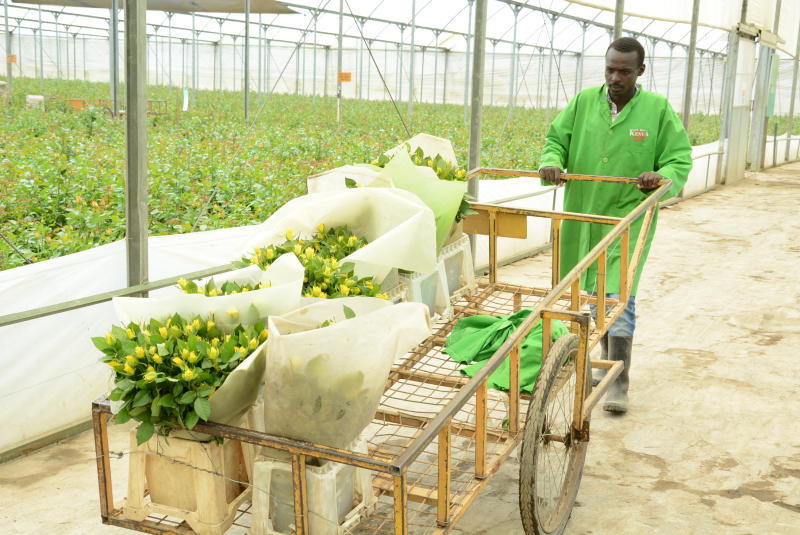×
The Standard e-Paper
Home To Bold Columnists

An acute shortage of fertiliser has hit flower farms across the country, raising fears that it could compromise yields for the multi-billion-shilling sector and lead to job cuts.
The crisis, which has persisted for five months now, is as a result of delay by the Kenya Bureau of Standards (Kebs) to inspect a consignment of 1.6 million metric tonnes of fertiliser meant for the crucial sector.